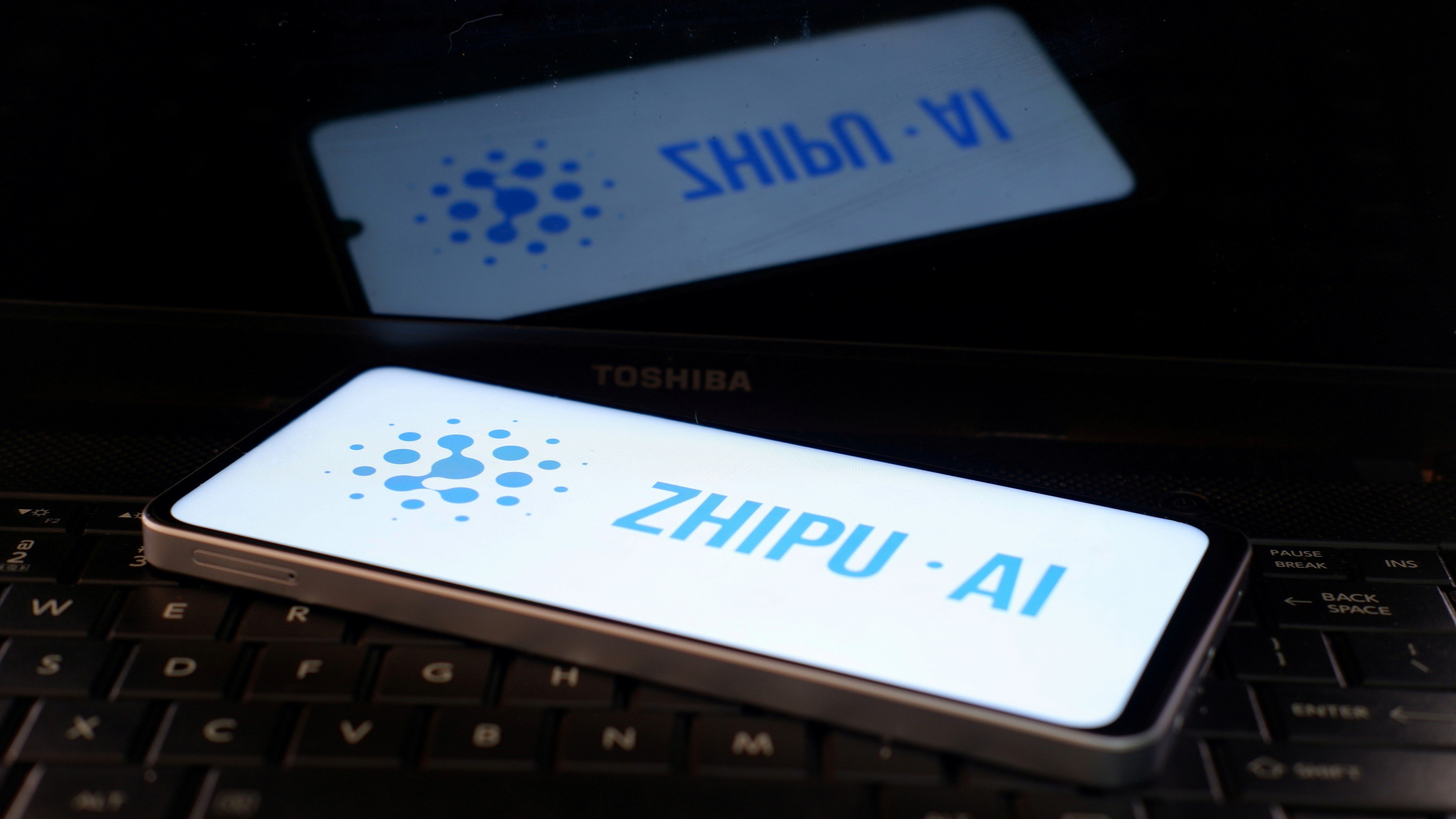China’s Zhipu Eyes Expansion Via Belt And Road Initiative As Global Ai Market Heats Up

Chinese start-up Zhipu AI plans to drive international expansion on the back of China’s Belt and Road Initiative, heating up global competition with rival US artificial intelligence (AI) companies.
Beijing-based Zhipu AI, which is seeking an initial public offering this October, expects the Belt and Road Initiative – covering infrastructure-related agreements between China and around 150 countries – to help the firm expand its business overseas, according to a company representative on Tuesday, without elaborating on the scope or other details of this plan.
The Belt and Road Initiative is an ongoing effort to link economies into a China-centred trade network, largely via state-backed megaprojects abroad. Belt and Road work could eventually cost Beijing US$1 trillion to US$8 trillion over an unspecified period, the Centre for Strategic and International Studies think tank estimated in 2018.
Zhipu AI’s plan reflects intensifying efforts by both Chinese and US companies to widen the adoption of their AI models and applications beyond their home markets.
At a trade event in Singapore last month, a Zhipu AI executive revealed that the company has been pitching governments around the world to help them launch localised sovereign AI agents, according to a report by Reuters.
AI agents are programs that are capable of autonomously performing tasks on behalf of a user or another system. Essentially, these agents create a plan of specific tasks and subtasks to complete a goal using their available resources.
The Zhipu AI executive also said at the event that the firm was running joint “innovation centres” across a number of countries in Asia, including Indonesia and Vietnam, according to the report. Zhipu AI already has offices in Singapore, Malaysia, the Middle East and the UK.

Zhipu AI, which was added to the US government’s Entity List in January, launched in March the Belt and Road Initiative Autonomous Large Models Alliance at the ZGC Forum, an annual event that promotes cross-border technology collaboration, with participants that include around a dozen countries in Latin America and Southeast Asia.
The Chinese start-up’s Belt and Road Initiative-related expansion plan comes amid reports that ChatGPT creator OpenAI was considering building a new data centre facility in the United Arab Emirates, which could significantly expand its footprint in the Middle East.
The deal, which is not yet finalised and could still change, may be announced as soon as this week during US President Donald Trump’s visit to the Middle East, according to a Bloomberg report on Wednesday, which cited people who requested anonymity to discuss private conversations.
Microsoft-backed OpenAI did not immediately respond to a request for comment.
Earlier this month, the San Francisco-based start-up introduced its OpenAI for Countries programme, under which it will build data centres to host localised and bespoke AI applications for markets abroad. The programme forms part of the Stargate Project – a venture initially led by SoftBank Group, OpenAI, Oracle and Emirati investment firm MGX – that will plough up to US$500 billion into an advanced network of data centres.
The initiatives by Zhipu AI and OpenAI come at a time when Alibaba Group Holding and DeepSeek are also eyeing a greater international presence for their AI systems. Alibaba owns the South China Morning Post.
Alibaba this week made its new Qwen3 family of open-source AI models available on more large language model (LLM) developer platforms online, including Ollama, LM Studio, SGLang and vLLM.
DeepSeek, meanwhile, is seeing rampant speculation on social media about R2 – the successor to its R1 reasoning model, which was released in January.
Chinese open-source AI models, however, remain subject to “persistent global concerns around data and user security” because they were developed on the mainland, according to Washington-based analyst Ray Wang, who is focused on the AI competition between China and the US.


